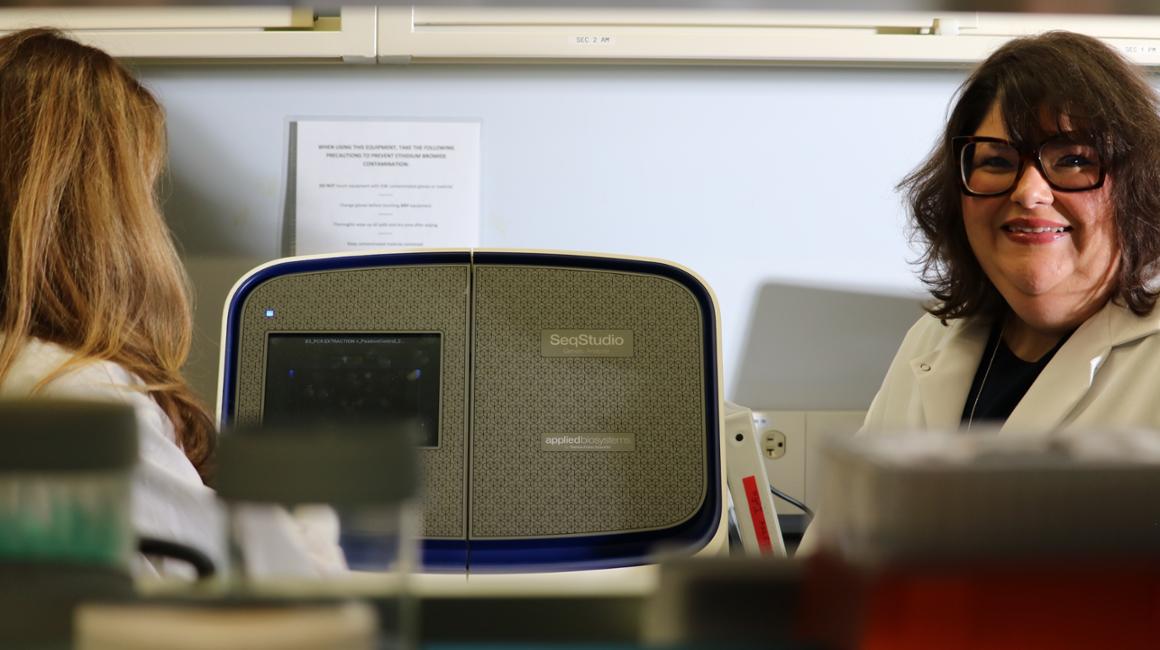Discover New Possibilities at the Intersection of Science and Law
The Master of Science (MS) in Forensic Science and Law program is fully accredited by the Forensic Science Education Programs Accreditation Commission. As a student of the program, you will explore a wide range of forensic science techniques, from crime scene investigation and forensic toxicology to DNA analysis and forensic pathology. Alongside these scientific explorations, you will gain a deep understanding of the legal aspects surrounding forensic science, including courtroom procedures and expert testimony.
Our carefully crafted curriculum integrates theoretical knowledge with hands-on experience, ensuring you develop the critical skills necessary for success. Engage in cutting-edge research projects, collaborate with faculty experts, and analyze forensic evidence in state-of-the-art laboratories. Through immersive learning experiences, you will hone your expertise in forensic evidence analysis, criminalistics, digital forensics and more.




